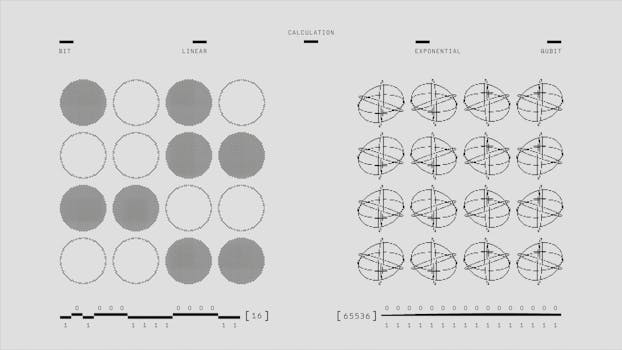
Understanding Quantum Mechanics and its Implications for Reality
Quantum mechanics is a fundamental theory in physics that describes the behavior of matter and energy at the smallest scales. Quantum mechanics has been a topic of fascination for decades, and its implications for our understanding of reality are profound. In this article, we will explore the basics of quantum mechanics and its far-reaching consequences for our comprehension of the world around us.
The Principles of Quantum Mechanics

Quantum mechanics is based on several key principles, including wave-particle duality, uncertainty, and the principle of superposition. Wave-particle duality suggests that particles, such as electrons, can exhibit both wave-like and particle-like behavior depending on how they are observed. The uncertainty principle states that certain properties of a particle, such as position and momentum, cannot be precisely known at the same time. The principle of superposition implies that a quantum system can exist in multiple states simultaneously, which is a fundamental aspect of quantum mechanics.
Implications of Quantum Mechanics for Reality

The implications of quantum mechanics for our understanding of reality are far-reaching and profound. One of the most significant consequences is the concept of entanglement, where two or more particles become connected in such a way that their properties are correlated, regardless of the distance between them. This phenomenon has been experimentally confirmed and has significant implications for our understanding of space and time. Furthermore, quantum mechanics suggests that reality is not fixed but is rather a probabilistic construct, where the act of observation itself can influence the outcome of a measurement.
Quantum Mechanics and the Nature of Reality

Quantum mechanics has also led to a re-evaluation of our understanding of the nature of reality. The Copenhagen interpretation suggests that reality is fundamentally probabilistic, and that the act of observation collapses the wave function, effectively creating reality. In contrast, the many-worlds interpretation proposes that every possible outcome of a measurement actually occurs in a separate universe, resulting in an infinite multitude of parallel realities. These differing interpretations of quantum mechanics have significant implications for our understanding of the fundamental nature of reality.
Conclusion

In conclusion, quantum mechanics is a fascinating and complex theory that has profound implications for our understanding of reality. By exploring the principles of quantum mechanics and its consequences for our comprehension of the world, we can gain a deeper appreciation for the intricate and mysterious nature of reality. As we continue to explore and understand the principles of quantum mechanics, we may uncover even more surprising and counterintuitive aspects of the universe, ultimately leading to a more complete and nuanced understanding of the world around us.






